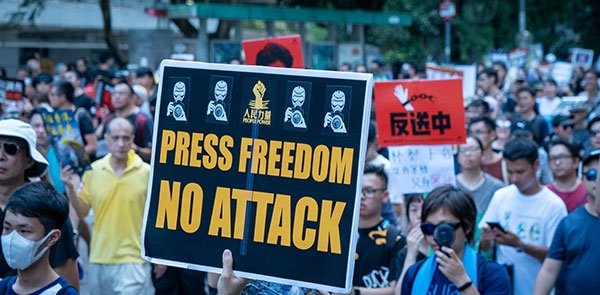|
Lithium is sometimes described as “white gold.” It’s the lightest metal and has high electrical conductivity. More to the point, it is an essential component of rechargeable technologies—laptops, cell phones, energy storage, electric vehicles, and more. As the global push for clean energy grows, demand for lithium is likely to skyrocket, making the economic prospects for the so-called “Lithium Triangle” seem very bright indeed.
Of course, hosting an abundance of lithium doesn’t mean much if countries aren’t able to access it or if they lack the production capacity to utilize it effectively. As of 2020, only 21 million metric tons of the world’s lithium resources were accessible with modern technology. Falling lithium prices in the late 2010s caused many mining companies to scale back their operations. And the COVID-19 pandemic has caused further disruptions and delays in plans to extract and process the metal.
In response, Lithium Triangle countries are looking to boost lithium-related innovation, investment, and production. In fact, Argentina recently announced plans to increase its lithium production six-fold by 2022. Meanwhile, countries outside of the triangle, including Mexico, Brazil, and Peru, are making plans to kickstart new lithium projects or ramp up existing production. The Biden Administration has also made ramping up lithium supply chains in the United States a key point of its economic agenda.
Chasing lithium is not without risks and costs. It’s essential that countries utilize the best methods and technologies; otherwise, lithium mining can lead to soil, air, and water contamination. Reports of chemical leaks from lithium mining operations have already emerged in Tibet, Chile, and Argentina. The mining process also requires an enormous amount of water—an estimated 500,000 gallons per ton of lithium. This can strain water supplies and undermine the livelihoods of local indigenous communities, many of which rely on agriculture and other water-intensive activities.
How we partner with leaders in the Lithium Triangle has never been more important. Helping them optimize the value of their “white gold” lithium deposits, while also meeting the highest environmental and ethical standards, is in both their interest and ours.
|











